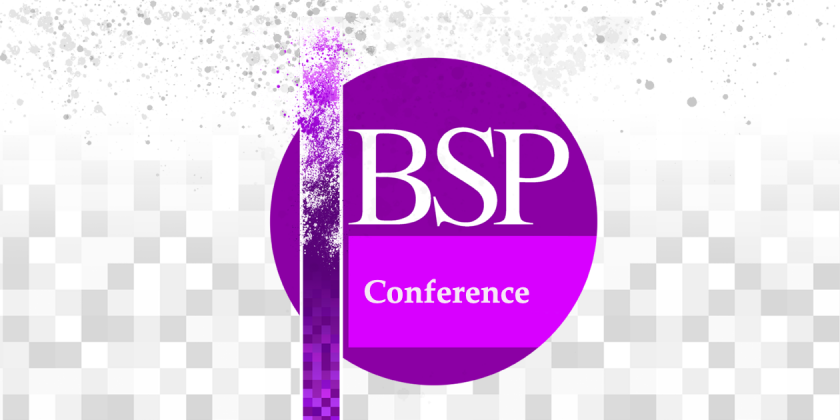Phenomenology and Armed Conflict, Coercion, and Violence at Lifeworlds in Crisis: Applying Phenomenology (University College Dublin 27 – 29 August).
Call for abstracts
Phenomenology and Armed Conflict, Coercion, and Violence
A special themed panel at the Joint international conference of the British Society for Phenomenology & University College Dublin’s School of Philosophy, Centre for Ethics in Public Life, School of Law, and ERC Coercive In/Justice (GENCOERCTRL) project
Lifeworlds in Crisis: Applying Phenomenology
University College Dublin, Ireland | 27 – 29 August 2025
A special panel to be held as part of the conference is sponsored by the European Research Council project: Gender, Conflict and Coercive Control: A Feminist Phenomenological Expansion of Conflict-related Harm.
The aim of this panel is to explore and encourage critical, feminist and applied phenomenology of violence and harm that arise in contexts of armed conflict, transition and peacebuilding. The project and this related panel will consider the potential that the theoretical foundations of phenomenology, as well as emerging interdisciplinary approaches to applied phenomenology have in expanding understanding of how armed conflicts and associated violence is lived and experienced. In particular, scholarly and applied works that advance feminist, queer, decolonial and critical phenomenological approaches to gendered violence, coercive control, peace and justice related to armed conflict are of interest.
Abstracts are invited from across disciplines, from multiple perspectives, from practitioners and philosophers, and from postgraduate researchers. Topics that might be considered include, but are not limited to:
- Applied phenomenological approaches to justice, accountability and Transitional Justice: how phenomenology can illuminate the experience of justice, reconciliation, and healing after societal trauma, especially in cases of historical injustices, truth commissions, and post-conflict reconciliation efforts, especially in terms of diverse lived experience.
- Experiences of state and non-state actors’ political violence;
- Experiences of social control, coercive control, sexualised and wider violence, particularly in relation to gendered, racialised and wider intersectional oppressions, affect, temporality, habit, atmosphere, mood, comportment, spatiality and mobility;
- Exploring ruptures to lifeworlds and forms of world-building as a result of political violence and crises;
- Phenomenological and epistemic injustice in the study and understanding of armed conflict, peace and violence;
- Phenomenological theory and methodologies in understanding lived, embodied and habitual experience of conflict and conflict-harm; of victimhood, the body and trauma;
- Temporality in understanding experience of conflict and peace and how past and a future temporal horizons impact experience;
Find out more about the event (including the shape of the conference and registration information) and how to submit an abstract for this special panel at the Lifeworlds in Crisis: Applying Phenomenology website.

